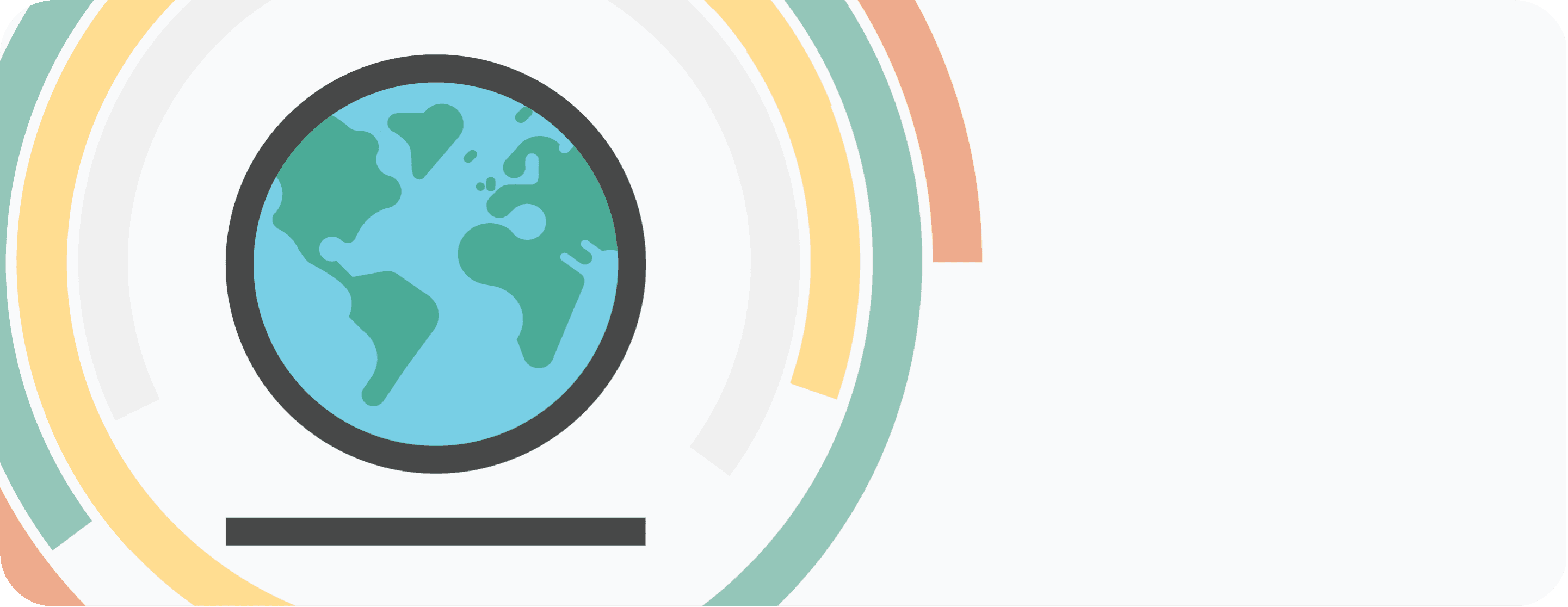

Ulule

1.6
Île-de-France, France
October 2015
Social networks & info sharing
Service with Minor Environmental Footprint
Canada,
France
A crowdfunding pioneer, Ulule was founded in 2010 and is today the number one community-backed incubator of positive impact projects in Europe. Its mission is to empower people – creators, citizens, companies – to take action for a world that is more diverse, more sustainable and open to all. Beyond mere funding, it works to help creators turn their ideas into actions, succeed and grow their projects to increase their impact. Ulule is Europe's leading crowdfunding platform dedicated to empowering creators and entrepreneurs who act for a more creative and sustainable world. Founded in 2010 and proudly B Corp certified since 2015 1 , we've helped bring to life over 35,000 creative, solidarity-based, educational, and environmental projects 1 . With the highest success rate worldwide among crowdfunding platforms and operations across Europe, Ulule combines three key activities to support positive impact projects: Crowdfunding with personalized coaching Training programs for entrepreneurs A marketplace for impact-driven brands Our mission is to give wings to those who act for a more creative and sustainable world 2 , with 78% of our funded projects meeting positive impact criteria
Overall B Impact Score
Governance 20.2
Governance evaluates a company's overall mission, engagement around its social/environmental impact, ethics, and transparency. This section also evaluates the ability of a company to protect their mission and formally consider stakeholders in decision making through their corporate structure (e.g. benefit corporation) or corporate governing documents.
What is this? A company with an Impact Business Model is intentionally designed to create a specific positive outcome for one of its stakeholders - such as workers, community, environment, or customers.
Workers 34.6
Workers evaluates a company’s contributions to its employees’ financial security, health & safety, wellness, career development, and engagement & satisfaction. In addition, this section recognizes business models designed to benefit workers, such as companies that are at least 40% owned by non-executive employees and those that have workforce development programs to support individuals with barriers to employment.
Community 17.7
Community evaluates a company’s engagement with and impact on the communities in which it operates, hires from, and sources from. Topics include diversity, equity & inclusion, economic impact, civic engagement, charitable giving, and supply chain management. In addition, this section recognizes business models that are designed to address specific community-oriented problems, such as poverty alleviation through fair trade sourcing or distribution via microenterprises, producer cooperative models, locally focused economic development, and formal charitable giving commitments.
Environment 13.5
Environment evaluates a company’s overall environmental management practices as well as its impact on the air, climate, water, land, and biodiversity. This includes the direct impact of a company’s operations and, when applicable its supply chain and distribution channels. This section also recognizes companies with environmentally innovative production processes and those that sell products or services that have a positive environmental impact. Some examples might include products and services that create renewable energy, reduce consumption or waste, conserve land or wildlife, provide less toxic alternatives to the market, or educate people about environmental problems.
Customers 19.2
Customers evaluates a company’s stewardship of its customers through the quality of its products and services, ethical marketing, data privacy and security, and feedback channels. In addition, this section recognizes products or services that are designed to address a particular social problem for or through its customers, such as health or educational products, arts & media products, serving underserved customers/clients, and services that improve the social impact of other businesses or organizations.
What is this? A company with an Impact Business Model is intentionally designed to create a specific positive outcome for one of its stakeholders - such as workers, community, environment, or customers.